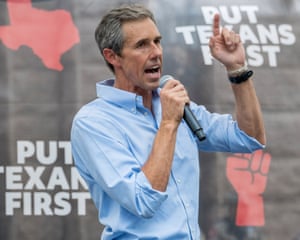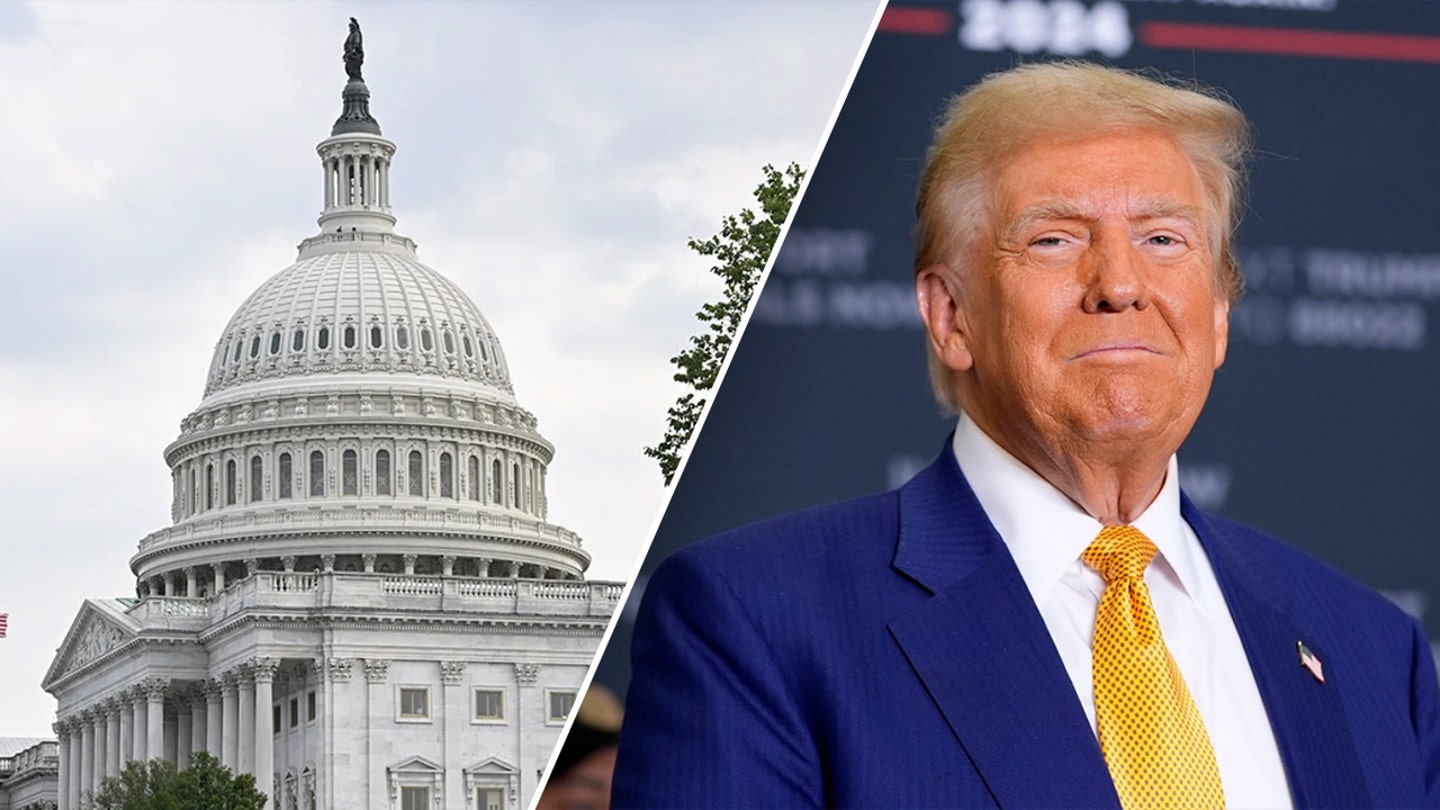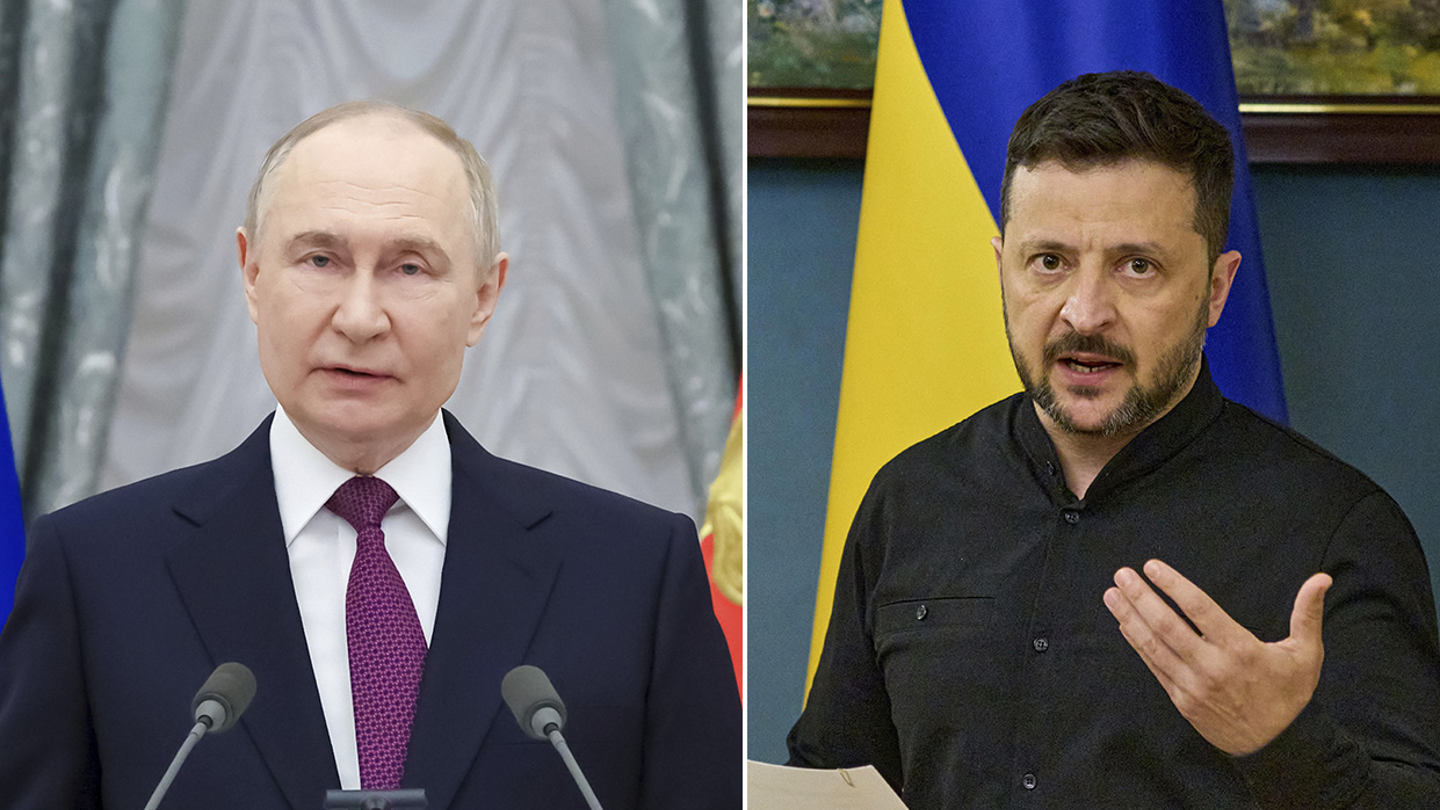
Russian drone crashes in Polish field; Warsaw protests airspace violation and plans formal complaint
Entities mentioned:
- Russia: Power, Influence, Provocation
- Poland: Self-preservation, Security, Indignation
- Wladyslaw Kosiniak-Kamysz: Duty, Security, Wariness
- United States: Influence, Peace, Control
- European leaders: Unity, Security, Peace
- Ukraine: Self-preservation, Freedom, Justice
- Trump administration: Influence, Legacy, Power
Article Assessment:
Credibility Score: 75/100
Bias Rating: 55/100 (Center)
Sentiment Score: 30/100
Authoritarianism Risk: 35/100 (Generally Democratic)
Bias Analysis:
The article presents a relatively balanced view, including perspectives from Polish officials and local residents. However, there's a slight lean towards Western viewpoints, with more emphasis on Polish and US reactions than Russian perspectives.
Key metric: International Security and Diplomacy
As a social scientist, I analyze that this incident of a Russian drone crashing in Poland represents a significant escalation in international tensions, particularly in the context of the ongoing Ukraine-Russia conflict. The event demonstrates Russia's willingness to provoke NATO members, potentially testing the alliance's resolve and response mechanisms. This action could impact international security by increasing military alertness in Eastern Europe and potentially straining diplomatic efforts to resolve the Ukraine conflict. The incident also highlights the complex interplay between military technology, international borders, and diplomatic relations in modern warfare and peacekeeping efforts. The Trump administration's involvement in brokering talks between Russia and Ukraine adds another layer of complexity to the situation, potentially influencing the geopolitical dynamics in the region.

NATO defense chiefs stress commitment to Ukraine, discuss security guarantees during virtual summit
Entities mentioned:
- NATO: Unity, Security, Duty
- Ukraine: Self-preservation, Security, Freedom
- Gen. Alexus Grynkewich: Duty, Professional pride, Leadership
- Gen. Dan Caine: Duty, Obligation, Unity
- Russia: Power, Control, Self-preservation
- President Donald Trump: Influence, Legacy, Power
- President Vladimir Putin: Power, Control, Influence
- President Volodymyr Zelenskyy: Self-preservation, Determination, Duty
- Sergey Lavrov: Wariness, Power, Control
Article Assessment:
Credibility Score: 75/100
Bias Rating: 45/100 (Center)
Sentiment Score: 55/100
Authoritarianism Risk: 25/100 (Generally Democratic)
Bias Analysis:
The article presents a balanced view of the NATO meeting, including perspectives from multiple sides. While it leans slightly towards a pro-NATO stance, it also includes Russian viewpoints and mentions Trump's separate diplomatic efforts.
Key metric: International Alliances and Security
As a social scientist, I analyze that this article highlights the ongoing commitment of NATO to Ukraine's security in the face of Russian aggression. The virtual meeting of NATO defense chiefs demonstrates a united front in supporting Ukraine and discussing potential security guarantees. This reaffirmation of support, coupled with the involvement of high-ranking officials like Gen. Grynkewich and Gen. Caine, suggests a strong commitment to maintaining the alliance's cohesion and effectiveness. The discussion of security guarantees for Ukraine as part of a potential peace agreement indicates a forward-looking approach to regional stability. However, Russia's criticism of these discussions, as voiced by Lavrov, suggests continued tensions and potential obstacles to a peaceful resolution. The involvement of President Trump in separate meetings with Putin and Zelenskyy adds another layer of complexity to the diplomatic efforts. Overall, this meeting and the surrounding events underscore the ongoing importance of NATO in shaping European security dynamics and the challenges in balancing support for Ukraine with the need for a sustainable peace agreement.

CBS host defends Trump's efforts to de-wokify the Smithsonian's presentation of US history
Entities mentioned:
- Tony Dokoupil: Professional pride, Duty, Influence
- Donald Trump: Control, Legacy, Righteousness
- Smithsonian Institution: Duty, Influence, Legacy
- White House: Control, Legacy, Influence
- Vladimir Duthiers King: Professional pride, Duty, Justice
- Gayle King: Professional pride, Duty, Justice
Article Assessment:
Credibility Score: 70/100
Bias Rating: 55/100 (Center)
Sentiment Score: 45/100
Authoritarianism Risk: 55/100 (Mixed/Neutral)
Bias Analysis:
The article presents multiple viewpoints, including those supporting and questioning Trump's directive. However, it gives slightly more space to perspectives aligning with Trump's position, potentially indicating a slight center-right lean.
Key metric: National Unity
As a social scientist, I analyze that this article highlights a growing tension in how American history is presented in national institutions. The debate centers on balancing a critical examination of historical injustices with a narrative that instills national pride. This conflict reflects broader societal divisions on how to interpret and present American history. The involvement of high-profile political figures and media personalities in this debate suggests its significance in shaping national identity and unity. The potential changes to the Smithsonian's approach could have far-reaching effects on public understanding of American history and, consequently, on national unity and identity formation.

In Trump's America, we're not going to have mortgage fraud, vows federal housing director
Entities mentioned:
- Bill Pulte: Righteousness, Justice, Professional pride
- Adam Schiff: Self-preservation, Power, Influence
- Lisa Cook: Self-preservation, Professional pride, Influence
- Donald Trump: Power, Control, Legacy
Article Assessment:
Credibility Score: 45/100
Bias Rating: 75/100 (Lean Right)
Sentiment Score: 55/100
Authoritarianism Risk: 65/100 (Authoritarian Tendencies)
Bias Analysis:
The article leans right due to its framing of 'Trump's America' as a positive change and its focus on allegations against Democratic figures. The presentation on a conservative-leaning program ('The Ingraham Angle') further suggests a right-leaning bias.
Key metric: Financial Sector Stability
As a social scientist, I analyze that this article suggests a potential shift in regulatory focus and enforcement within the U.S. housing finance system under a hypothetical future Trump administration. The framing of the issue as 'Trump's America' implies a stark contrast to current policies. The allegations of mortgage fraud against high-profile individuals like a senator and a Federal Reserve governor indicate a politically charged environment surrounding financial regulation. This could impact financial sector stability by potentially increasing scrutiny on mortgage practices, which might lead to stricter lending standards or increased regulatory oversight. However, the lack of specific details about the allegations or proposed policy changes limits the ability to predict concrete impacts.

Vice President JD Vance opens up about President Trump's faith, hopes for Heaven
Entities mentioned:
- JD Vance: Loyalty, Influence, Duty
- Donald Trump: Legacy, Power, Recognition
- The Ingraham Angle: Influence, Recognition, Professional pride
Article Assessment:
Credibility Score: 55/100
Bias Rating: 75/100 (Lean Right)
Sentiment Score: 60/100
Authoritarianism Risk: 45/100 (Mixed/Neutral)
Bias Analysis:
The article leans right due to its focus on conservative figures and a traditionally conservative news program. The framing of faith as a positive attribute for political leaders suggests a right-leaning perspective.
Key metric: Public Trust in Government
As a social scientist, I analyze that this article potentially impacts public perception of political leadership and religious values in governance. The discussion of a president's faith and afterlife beliefs on a major news program could influence voter attitudes and shape public discourse on the intersection of personal beliefs and political office. This may affect trust in government by either reinforcing supporters' connection to leadership or alienating those who prefer secular governance.

Filmmakers claim the late 'Superman' actor Christopher Reeve would have opposed Donald Trump
Entities mentioned:
- Christopher Reeve: Justice, Righteousness, Influence
- Donald Trump: Ambition, Power, Control
- Peter Ettedgui: Professional pride, Recognition, Influence
- Ian Bonhôte: Professional pride, Recognition, Influence
- Jeff Daniels: Recognition, Loyalty, Influence
- Bill Clinton: Power, Legacy, Influence
- Al Gore: Power, Legacy, Influence
- Ronald Reagan: Power, Legacy, Influence
- George W. Bush: Power, Legacy, Control
Article Assessment:
Credibility Score: 65/100
Bias Rating: 35/100 (Lean Left)
Sentiment Score: 45/100
Authoritarianism Risk: 30/100 (Generally Democratic)
Bias Analysis:
The article leans left due to its focus on criticism of Trump and positive portrayal of Democratic figures. It presents speculative views about Reeve's potential actions without counterbalancing perspectives.
Key metric: Political Polarization Index
As a social scientist, I analyze that this article potentially impacts the Political Polarization Index by framing Christopher Reeve's hypothetical political stance in opposition to Donald Trump. The filmmakers' assertions about Reeve's potential actions and opinions, if he were alive today, contribute to the ongoing narrative of division between political ideologies. This retrospective politicization of a deceased public figure could further entrench existing political divides, as it encourages viewers to align themselves with or against these projected stances. The article's focus on Reeve's past criticisms of Trump and support for Democratic candidates reinforces partisan narratives, potentially increasing political polarization among readers.

Trump is promising a US manufacturing renaissance. Many experts are dubious
Entities mentioned:
- Donald Trump: Ambition, Power, Legacy
- US Manufacturing Industry: Competitive spirit, Professional pride, Security
- Economic Experts: Skepticism, Professional pride, Duty
Article Assessment:
Credibility Score: 70/100
Bias Rating: 45/100 (Center)
Sentiment Score: 40/100
Authoritarianism Risk: 30/100 (Generally Democratic)
Bias Analysis:
The article presents a balanced view by including both Trump's promises and expert skepticism. It refrains from overtly partisan language, maintaining a centrist approach to the topic.
Key metric: US Manufacturing Employment
As a social scientist, I analyze that Trump's promise of a US manufacturing renaissance is likely to have significant implications for US manufacturing employment. However, the skepticism from experts suggests that achieving such a renaissance may be challenging. The article implies a disconnect between political rhetoric and economic realities, which could impact public expectations and policy directions. This could lead to potential shifts in resource allocation, trade policies, and workforce development strategies, all of which directly affect the manufacturing sector's employment levels.

Conservative roadmap targets Medicaid, student loans for Trump's 'big, beautiful' sequel
Entities mentioned:
- Economic Policy Innovation Center (EPIC): Influence, Competitive spirit, Righteousness
- Republican Party: Power, Control, Righteousness
- Donald Trump: Legacy, Power, Ambition
- Democratic Party: Justice, Moral outrage, Self-preservation
- Paul Winfree: Influence, Professional pride, Ambition
- Brittany Madni: Professional pride, Influence, Duty
- Mike Johnson: Ambition, Power, Loyalty
Article Assessment:
Credibility Score: 70/100
Bias Rating: 65/100 (Lean Right)
Sentiment Score: 55/100
Authoritarianism Risk: 40/100 (Generally Democratic)
Bias Analysis:
The article leans right due to its primary focus on conservative policy proposals and reliance on conservative sources. While it mentions Democratic opposition, it provides more detailed coverage of Republican perspectives and strategies.
Key metric: Federal Budget Deficit
As a social scientist, I analyze that this article highlights a significant push by conservative groups to influence future Republican policy-making, particularly focusing on fiscal reforms and social conservative priorities. The proposed changes to Medicaid, student loans, and other federal programs could substantially impact the federal budget deficit. The emphasis on using budget reconciliation to achieve these goals suggests a strategy to bypass potential Democratic opposition, which could lead to more partisan policy-making and potentially increase political polarization. The focus on social conservative issues like abortion and transgender rights indicates an attempt to merge fiscal policy with cultural wedge issues, which could further divide the electorate and impact future elections.

Trump’s push for Putin-Zelenskyy talks hinges on Kremlin's conditions
Entities mentioned:
- Donald Trump: Influence, Legacy, Power
- Vladimir Putin: Power, Control, Pride
- Volodymyr Zelenskyy: Self-preservation, Duty, Unity
- Ivana Stradner: Professional pride, Wariness, Duty
- Kurt Volker: Professional pride, Duty, Wariness
- Karoline Leavitt: Duty, Loyalty, Obligation
- Maria Snegovaya: Professional pride, Curiosity, Wariness
Article Assessment:
Credibility Score: 75/100
Bias Rating: 55/100 (Center)
Sentiment Score: 35/100
Authoritarianism Risk: 45/100 (Mixed/Neutral)
Bias Analysis:
The article presents multiple perspectives, including both US and Russian viewpoints, as well as expert opinions. While it leans slightly towards a Western perspective, it attempts to provide a balanced view of the diplomatic situation.
Key metric: International Diplomatic Influence
As a social scientist, I analyze that this article highlights the complex dynamics of international diplomacy surrounding the Russia-Ukraine conflict. Trump's initiative to arrange talks between Putin and Zelenskyy demonstrates the US's attempt to reassert its global diplomatic influence. However, the reluctance from the Russian side and the skepticism expressed by experts suggest significant challenges in achieving a diplomatic breakthrough. The article underscores the importance of power dynamics, with Putin's motivations centered on projecting Russian strength and equality with the US. The experts' analysis points to a potential stalemate, with Putin unlikely to compromise without significant concessions. This situation impacts the US's diplomatic influence by showcasing both its ability to initiate high-level talks and the limitations of its leverage over Russia. The article also highlights the broader implications for NATO and European security, suggesting that the outcome of this diplomatic effort could have far-reaching consequences for US global leadership and alliance structures.

Trump didn’t cause Russia-Ukraine war, Stephen A. Smith says, blaming Biden, Obama and Clinton in fiery rant
Entities mentioned:
- Stephen A. Smith: Indignation, Justice, Duty
- Donald Trump: Self-preservation, Influence, Power
- Joe Biden: Obligation, Security, Legacy
- Barack Obama: Caution, Security, Legacy
- Bill Clinton: Influence, Security, Legacy
- Russia: Power, Control, Influence
- Ukraine: Self-preservation, Freedom, Security
Article Assessment:
Credibility Score: 65/100
Bias Rating: 55/100 (Center)
Sentiment Score: 30/100
Authoritarianism Risk: 35/100 (Generally Democratic)
Bias Analysis:
The article presents multiple viewpoints, including criticism of both Republican and Democratic administrations. However, it relies heavily on Stephen A. Smith's opinions without substantial counterarguments, potentially skewing the perspective.
Key metric: U.S. Foreign Policy Effectiveness
As a social scientist, I analyze that this article presents a complex view of U.S. foreign policy spanning multiple administrations and its impact on the Russia-Ukraine conflict. Smith's argument shifts blame from Trump to previous Democratic administrations, suggesting a long-term policy failure rather than a single administration's fault. This perspective challenges the common narrative and highlights the complexity of international relations and the long-term consequences of policy decisions. The article touches on critical events like the Crimea annexation and Ukraine's nuclear disarmament, which have significantly shaped the current geopolitical landscape. It also raises questions about the U.S.'s commitment to its international promises and the financial burden of these commitments on American taxpayers. This debate could influence public opinion on U.S. foreign policy effectiveness and potentially impact future policy decisions regarding international commitments and interventions.